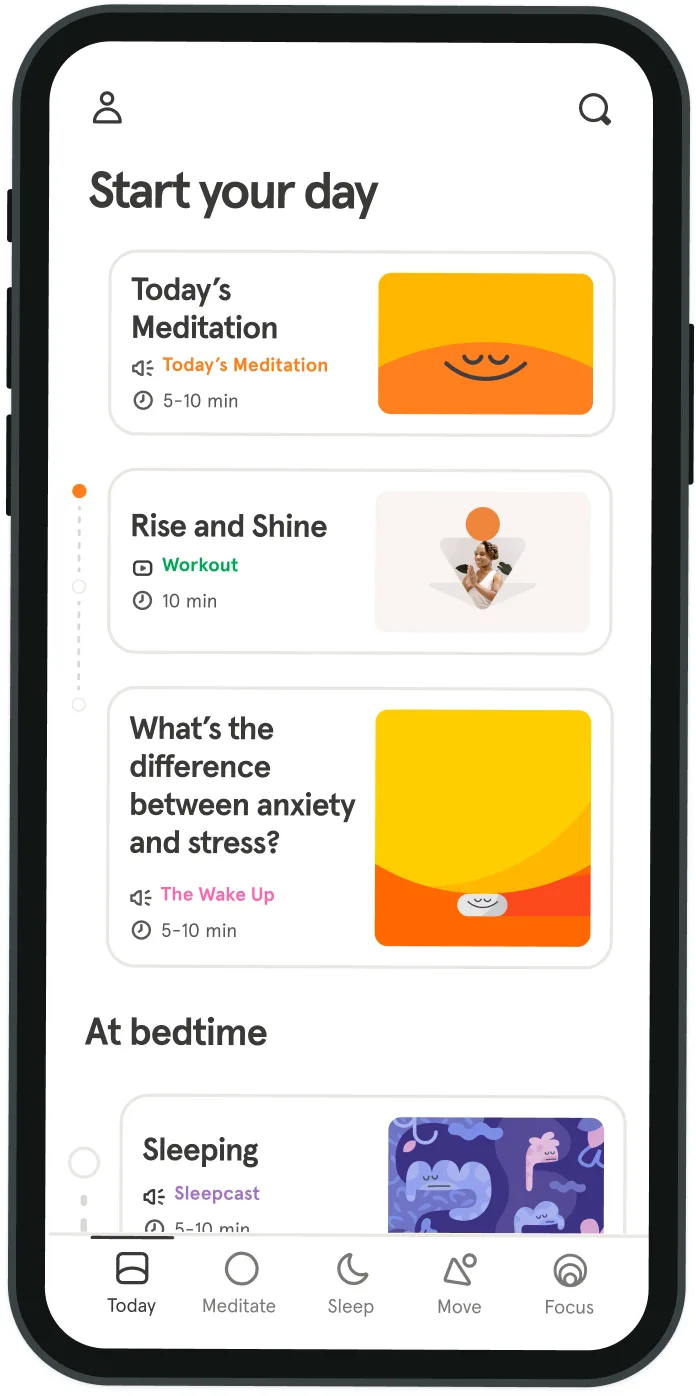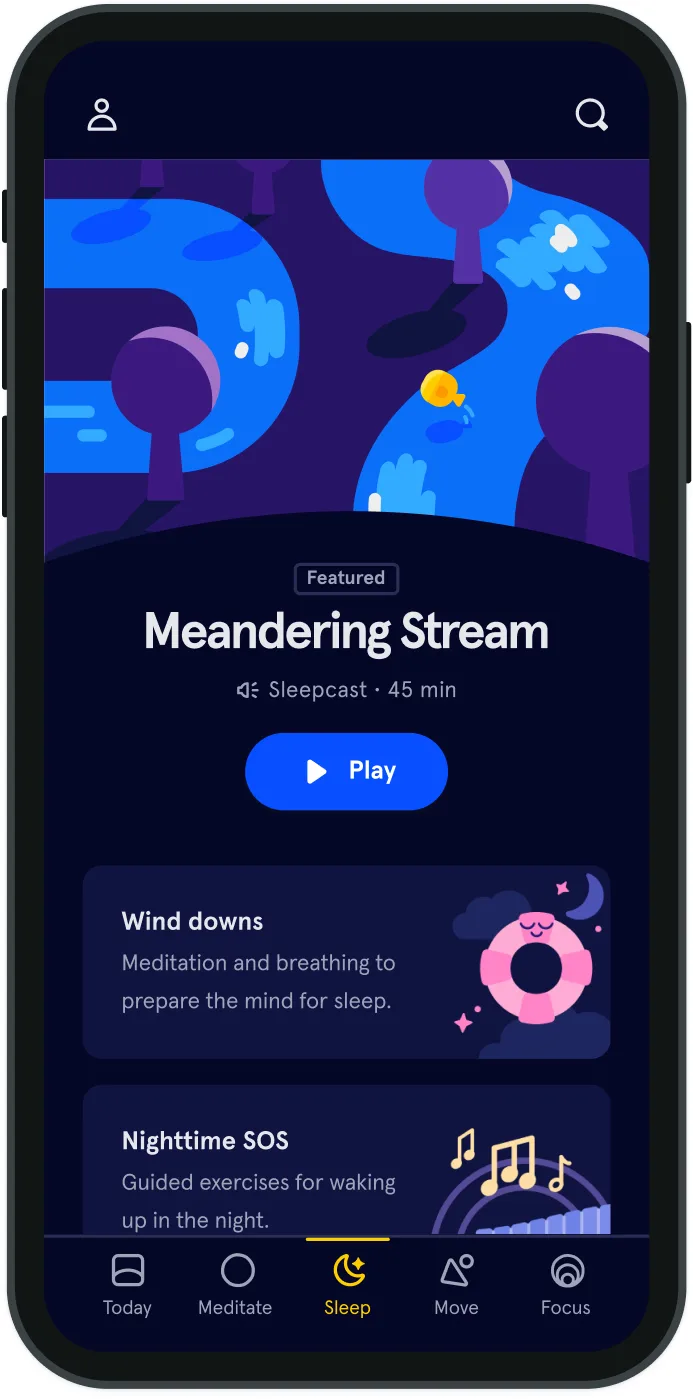The not-so-new key to success at work
I'm on mobile devices all day long. I could easily go through an entire day and not be present. I used to have all my mobile phone notifications turned on—work email, personal email, Facebook, WhatsApp, Twitter.
Ping. Ping. Buzz. Ping. If you're looking for a strategy to pretty much guarantee mindlessness all day every day then notifications will certainly do the trick. How do these notifications serve me? Do they make me better? More productive? More at peace? No. No, they do not. Even when I'm not on my mobile devices I find it challenging to be present. My mind is often ruminating over yesterday's events or worrying about tomorrow's presentation. It's safe to say that being present seems harder than ever. Jon Kabat Zinn, founder of Mindfulness-Based Stress Reduction and professor at the University of Massachusetts Medical School, defines mindfulness as: “The awareness that emerges through paying attention on purpose, in the present moment, nonjudgmentally.” Sounds easy enough. So why is it so hard? Let’s explore three insights that help us understand just how challenging, yet critical, it is for us to build the mindfulness into our day-to-day work.
1. Our ability to focus is at an all-time low.
The average attention span for the notoriously ill-focused goldfish is nine seconds, but according to a new study from Microsoft Corp., people now generally lose concentration after eight seconds, highlighting the effects of an increasingly digitalized lifestyle on the brain.
That sounds a bit exaggerated if you ask—sorry hold on, just a got a text … OK—where was I? Oh yes, focus. It's harder these days. This is compounded by the fact that businesses today are expected to do more with less. The development of open offices and hot desking further stacks the chips against us as it's nearly impossible to find somewhere to work for long periods of time without interruption. Focusing on a single thing is a skill, and it requires practice. You can start by joining the likes of Jeff Weiner and other world class CEOs who are known to take 10 minutes a day to strengthen their focus.
2. Stress kills, now more than ever.
Figures suggest that the stress of modern life is increasing rapidly, with some studies showing a 45 percent increase over the last 30 years. This is a problem because employees suffering from high-stress levels have lower engagement, are less productive and have higher absenteeism levels than those not working under excessive pressure, according to research from professional services firm Towers Watson. If this trend continues, then employees’ ability to regulate their stress and their emotions is going to becoming increasingly critical to their success. Instead of getting thrown around by the waves of everyday life, we can learn to sink down below the waves, removing ourselves from the mercy of the choppy surface. Eventually, with a meditation practice, we can learn to surf those waves.
3. There is a rising demand for deep work.
There’s a lot of talk about robots and artificial intelligence (AI) and their ability to replace us in the job market of the future. While we can’t know for sure how much this will become a reality, we can safely assume that AI will replace the components of work that require little thought or creativity. The new era of star employees will be the ones who are able to create mindful spaces where they can use their brain, stir creativity, and in doing so be in position to deliver something of real value to the world. Professor Cal Newton, author of "Deep Work" explains that "deep work is like a super power in our increasingly competitive twenty-first-century economy. And yet, most people have lost the ability to go deep—spending their days, instead, in a frantic blur of email and social media, not even realizing there’s a better way." The present and future require us to dial-up our humanity by strengthening our focus, regulating our emotions, and finding time for deep work. This is the mindfulness advantage, and it can be ours.



Be kind to your mind
- Access the full library of 500+ meditations on everything from stress, to resilience, to compassion
- Put your mind to bed with sleep sounds, music, and wind-down exercises
- Make mindfulness a part of your daily routine with tension-releasing workouts, relaxing yoga, Focus music playlists, and more
Meditation and mindfulness for any mind, any mood, any goal
- © 2024 Headspace Inc.
- Terms & conditions
- Privacy policy
- Consumer Health Data
- Your privacy choices
- CA Privacy Notice
